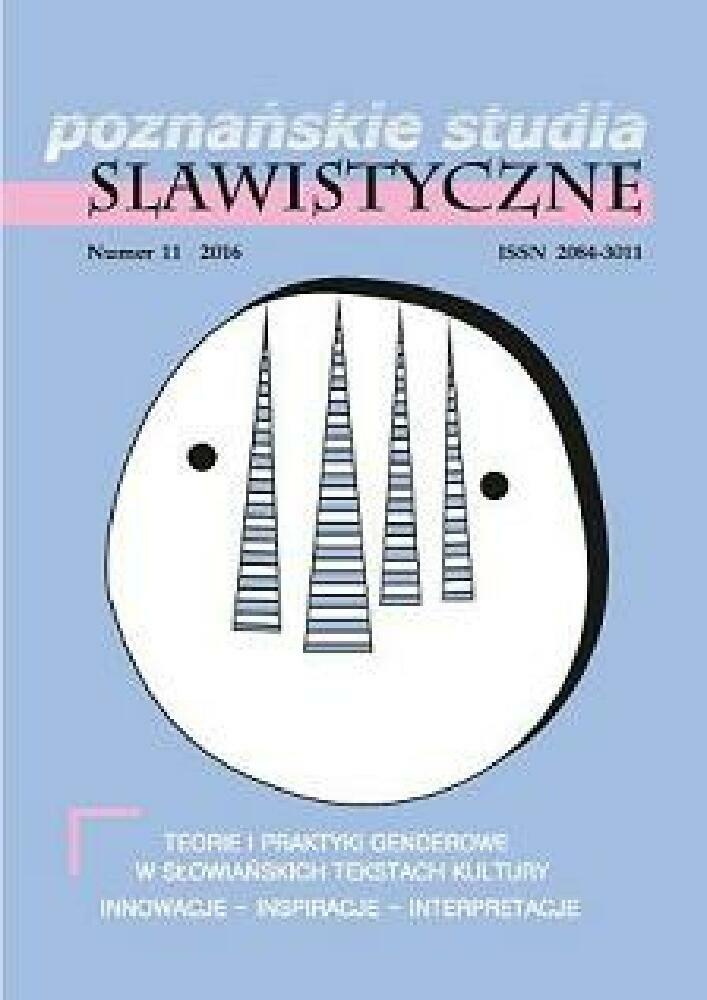Abstract
The article tries to answer the following question: “what is the potential of digital data bases in research of the history and theory of marginal literatures”, that is, in the research of women’s writing? The focus of the text is on the data base Knjiženstvo, as well as on the complete project Knjiženstvo, theory and history of women’s writing in Serbian language until 1915 which connects its topic with European context in an innovative way.References
Dojčinović B., Koch M., 2001, In Search of Women Authors: an Interview with Suzan van Dijk, Књиженство, часопис за студије књижевности, рода и културе" бр. 1, <http://www.knjizenstvo.rs/magazine.php?text=25>, 4.02.2015.
Hawkesworth C., 2000, Voices in the Shadows: Women and Verbal Art in Serbia and Bosnia, Budapest.
Kaltenbrunner W., 2011, The Playful Epistemology of Digital Representation, Књиженство, часопис за студије књижевности, рода и културе" бр. 1, , 4.02.2015.
Moretti F., 2000, Conjectures on World Literature, у: World Literature, A Reader, ред. T. D'haen, C. Dominguez, M. Rosendahl Thomsen, Routledge–London–New York, стр. 160–170.
Кох M., 2012, Када сазремо као култура... Стваралаштво српских списатељица на почетку XX века (канон – жанр – род), Београд. Марчетић А., 2012, Може ли постојати критика без текста?, Поетика, часопис за теориjу, историју и критику поезије" бр. 4, стр. 29–67.
Поповић А., 1895, Знатније књижевнице у страних народа, Српкиња, илустровани календар за наш женски свет, за просту 1896. годину, ур. Ј. Поповић, Велика Кикинда, стр. 47–51.
Тартаља, Иво Др, 1975, Семантичке промене речи књижевност на страницама Летописа, МСЦ, Научни састанак слависта у Вукове дане, Београд, Нови Сад, Тршић, 11–16.09
License
Copyright (c) 2016 Биљана Дојчиновић

This work is licensed under a Creative Commons Attribution-NoDerivatives 4.0 International License.
